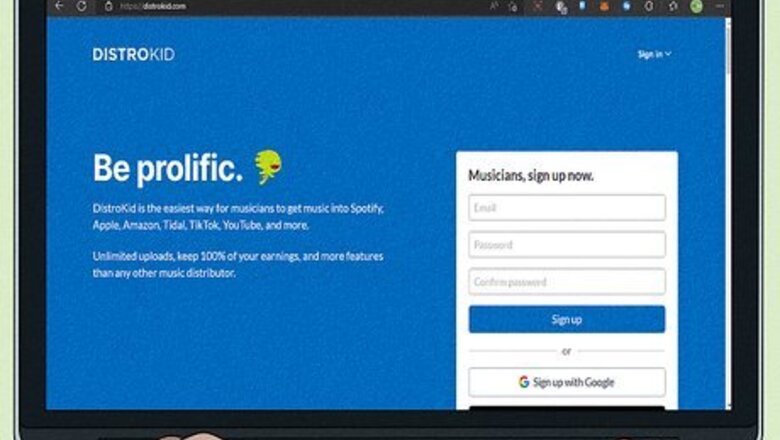
views
Finding a Distributor
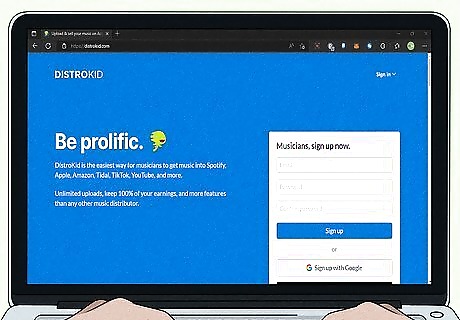
Are you an independent artist or a record label? No matter where you are in the music industry, a music distributor can help you get your music on Spotify. Several distributors work directly with independent artists, such as DistroKid or Record Union, while several others support labels in particular. Many artist distributors also support labels, but not every label distributor also supports artists. AMPsuite and SonoSuite are examples of label-specific distributors.

Consult Spotify's Provider Directory. There are a variety of music distributors that can help you get your music on Spotify and other music services. The pricing for these services vary. Some services allow you to upload your music for free, but may take a cut of your royalties. Other services allow you to keep 100% of your royalties but may charge a one-time or monthly fee. Spotify works with countless distributors, but recommends some of the following: DistroKid. Independent artists can keep 100% of their royalties with DistroKid. CD Baby. With CD Baby, you can not only distribute your music on Spotify, but also take advantage of the distributor's wide array of marketing tools. RouteNote. RouteNote is perfectly suited for emerging artists in need of a low-cost option. BBN Music. BBN Music offers free music distribution to artists and labels around the world with their unique free plan. Record Union. Another low-cost option, Record Union was the first independent distributor to partner with Spotify in 2009, and is perfect for aspiring independent artists.
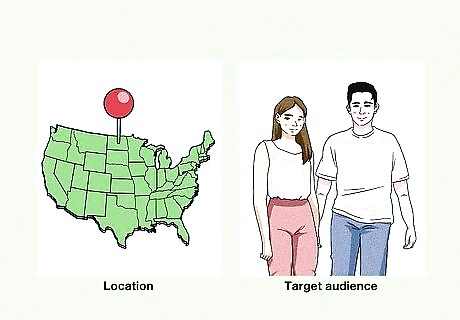
Consider your location and your intended audience. Some distributors specialize in certain markets. For example, Spotify recommends e-muzyka for those looking to distribute primarily in Poland, or Qanawat Music for those interested in Arabic-speaking territories. Spotify recommends The Orchard and Believe for artists and labels with global ambitions, as these distributors have access to a worldwide range of territories.
Getting Your Music on Spotify
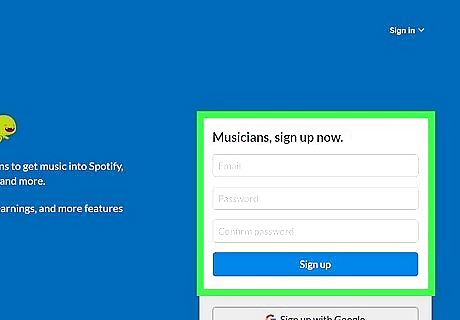
Sign up for a music distributor. Once you have identified a music distributor that fits your needs, create an account. It is often free to create an account with these distributors, and you only have to pay after you begin to upload music and select a plan/release model.
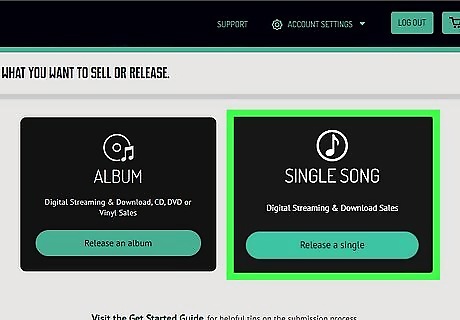
Upload your music to the music distributor. The files you upload to the music distributor should be a high-resolution audio file, but the file type varies by distributor. Most distributors prefer lossless WAV, or FLAC files, while some may also accept MP3, AAC, AIFF, and WMA. Some cheaper music distributor plans may limit the quality of the mp3 file you are allowed to upload. If uploading MP3 files, make sure they're at least 320 kbps. Some distributors may limit file sizes for audio uploads. If you're uploading WAV files and reach a file size limitation, convert your WAV files to FLAC to produce smaller files with the same lossless quality.

Provide the music distributor with the appropriate metadata. When you upload a song to a music distributor, you need to provide more than just the artist name and song title. You should also include information such as the album title, track number, music genre, writing credits, and copyright information. You can add metadata directly to your music files using an audio editor such as Spotify's very own Soundtrap. Your music distributor may also have a form for you to fill out. Fill out these forms and all metadata for your music as completely as possible. Are you uploading an album or a series of singles? Be sure to label your music appropriately so the music distributor can similarly label it on Spotify.

Provide artwork to the music distributor. If you have recorded an album, you should have album artwork available to provide to the music distributor. If no artwork is available, try to find a high-resolution photo of you or your band. Most distributors require photos in a JPG or PNG format, with a minimum of 3000px by 3000px. Once approved, your music will be uploaded to Spotify and other music stores and streaming services. It generally takes 1-2 weeks for music to go live on Spotify. You may have the option to schedule a specific date for your music to go live. If you choose to schedule a release date, be sure to provide the music distributor with the appropriate files well in advance.











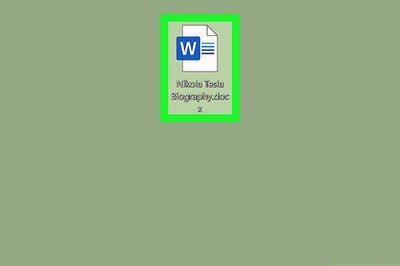






Comments
0 comment